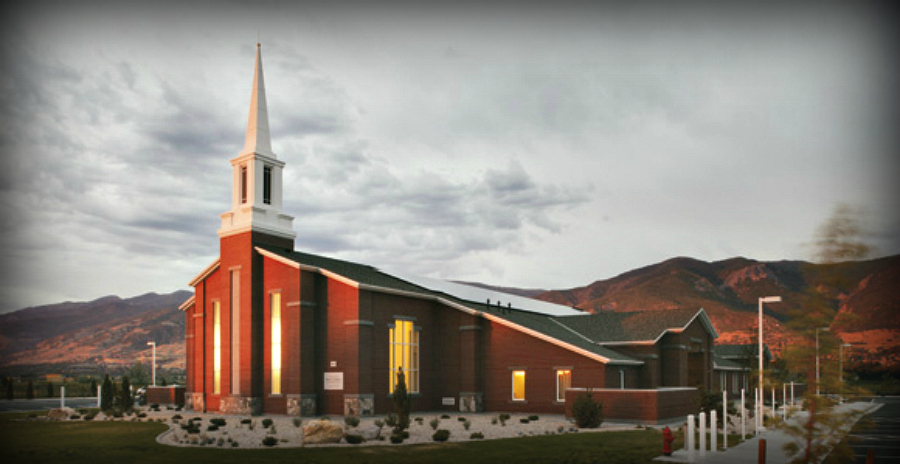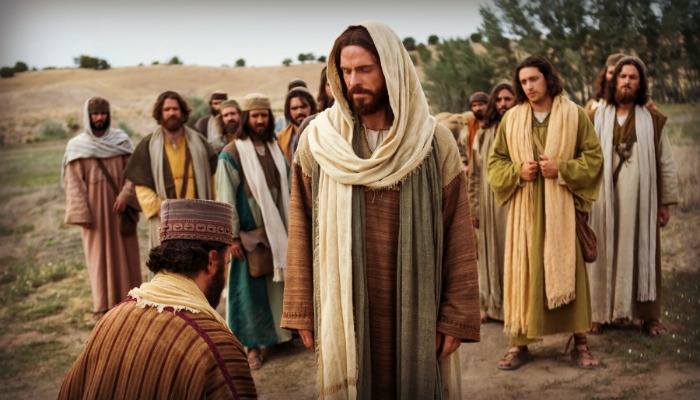Why So Many Latter-day Saints Can’t Stand Church (And How to Fix It)
Church is a spiritual hospital. People are in serious pain. Sometimes, injuries prove to be fatal. Sometimes the Spirit, through the ward, manages to stop the bleeding before faith dies. Those who have the misfortune to frequently visit real hospitals for physical ailments understand that there’s nothing more frustrating than being sick, being afraid, being alone, and not getting the treatment you need. That’s why so many Latter-day Saints simply can’t stand going to church anymore. They’re dying, and sometimes we’re not acknowledging their wounds.
The problem
I’m not blaming anyone in particular for the way things are, and I’m not trying to absolve the patient of personal responsibility for their spirituality. What I am saying is that, all too often, people who are suffering spiritually feel severely underrepresented (and therefore, alienated) at church.
For example, maybe you’re sitting in Sunday School and the teacher leads a discussion about temple worship. Someone comments,
“I love the temple. I feel the Spirit so strongly there. Every single time I attend the temple, I receive revelation. I go with questions and come back with answers. I feel spiritually rejuvenated and gain the faith and energy I need to get through my next week.”
That’s awesome. We need people to testify of that. But we also need to remember that there are probably multiple people in that class thinking,
“I usually feel nothing in the temple. In fact, sometimes I feel bad. I’ve never received a revelation there. I don’t find answers. I feel guilty for not having felt the Spirit. And because of that, I feel unworthy to be in the Lord’s house at all. What am I doing wrong? Am I to blame?”
It’s like going to the doctor with a broken arm and instead of treating it, the doctor just flexes. “Isn’t it great to have arms? Watch this! *Does one-armed pull-up* Well, thanks for coming in today. That’ll be two hours of your time.”
The same thing can happen with many other topics:
- The power of prayer
- Blessings of tithing
- Testimony of Joseph Smith
- The gift of the Holy Ghost
- The Book of Mormon
- General Conference
- The sacrament
- Family history work
- Ministering
The list goes on and on. Now, don’t get me wrong, we don’t need to dampen or censure our testimonies to cater to the emotional sensitivities of others, but we do need to follow the counsel given to a young Henry B. Eyring by his District President:
When you meet someone, treat them as if they were in serious trouble, and you will be right more than half the time.
President Eyring added, “Not only was he right, but I have learned over the years that he was too low in his estimate.” It is great to testify and share spiritual experiences. Let’s continue to do that as long as it’s truly sincere and not a recitation of an expected answer. But let’s also remember to be inclusive and thoughtful of those members who feel marginalized and fringed because they can’t yet don the same cape of testimony and blast off into infinity and beyond.
How to fix it

Tone down the butterflies and crank up the real stuff.
Note that I don’t advocate for turning off the butterflies. We need to strike a balance. A completely spiffy and sanitized lesson is, frankly, boring. It’s the adult version of, “I like to bear my testimony, I know the Church is true, I love my mom and…” But jumping to the complete opposite end of the spectrum is spiritually dangerous. We don’t want Sunday School to turn into an hour of voicing complaints and problems. We’ve probably all been to a class where a series of questions has completely derailed the lesson. We can’t go down that rabbit hole.
The very best lessons I’ve experienced in Sunday School or Elders Quorum have been the result of real, honest, sincere, and raw vulnerability. These can be transformative moments. The discussion becomes alive. Engagement increases. The people who have been silently hurting perk up as the lesson suddenly becomes relevant to their needs.
But you do need both the ailing patients and the experienced doctors to run an efficient hospital. I think you’ll find that when a patient reveals himself, someone else in the class will respond, “I appreciate that question because I’ve been going through something very similar. Here’s what has helped me…”
The wounds get uncovered, the Spirit shows up, and the real doctor is in.
Challenge
If you are a teacher, I challenge you to do the following:
- Testify of truth, but also, ask real questions. If the answers people give to your questions are shiny and beautiful, maybe try to represent the concerns of the other side. Play devil’s advocate … in Church (ah, the irony). If the lesson is about fasting, ask, “So what happens if you fast for something you need more than anything, and nothing seems to happen? Did you do something wrong?” That’s an OK thing to ask, because that hypothetical scenario happens all the time.
- Find an aspect of your lesson that you have questions or doubts about. Get the ball rolling in class by being vulnerable as a teacher and asking for help with your own doubts. Just because you’re the teacher doesn’t mean you have to give off the impression that you know everything about your topic. The real teacher is the Spirit, and inspired questions invite Him to the classroom.
As you do these things, you will “help class members feel comfortable sharing their testimonies [or lack thereof], insights, experiences, questions, and ideas.” If you’re a student, I challenge you to do the following:
- If you’re in pain and the class you’re attending is just going through the motions, be brave. Don’t put up your walls and revert to spiritual survival mode just yet. Shake things up. Raise your hand and be vulnerable. Ask your questions insofar as they apply to the topic, voice your concerns. Take a leap of faith. My guess is that someone in that class will catch you.
- If you’re not in pain, consider asking the painful questions anyway, because someone near you is suffering.
Lives will change
Elder L. Tom Perry once said that the gospel “answers all of life’s questions and problems that face us.” The purpose of church classes is to learn that gospel. But how will we ever be able to apply the gospel to our problems if we don’t apply the gospel to actual problems? Sure, it’s something we can work on at home (and indeed, our learning should be home-centered and church-supported), but let’s take advantage of the allotted time we have together. As we address personal doubt, uncertainty, and discouragement in church, the Spirit will operate more freely, class engagement will dramatically improve, and lives will change.





